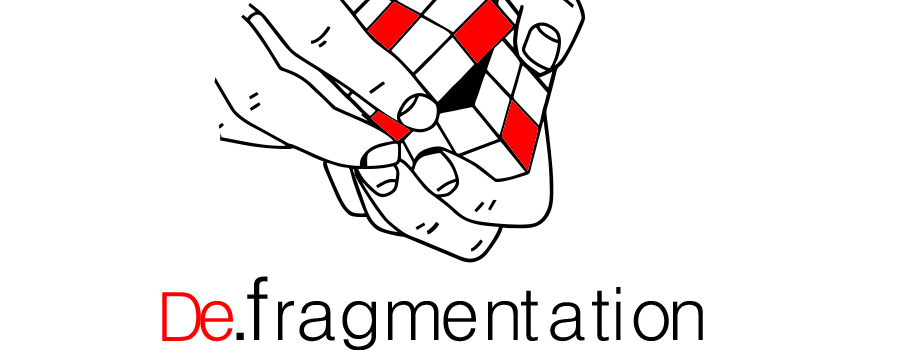
BridA Panel Talk and Exhibition
BridA/Tom Kersevan, Sendi Mango, Jurij Pavlica formed as a group in 1996 during studies at Accademia di Belle Arti di Venezia. With its heterogeneous artistic activity within the broad field of contemporary and traditional artistic practices, it represents itself at important exhibitions, intermedia festivals, symposia and conferences at home as well as on the international scene. BridA’s production is based on painting, graphic arts, video, photography and multimedia installations. Their projects are marked by a constant artistic procedure from the two-dimensional surface in to three-dimensional space, in its work it more exposes the creative process than the final art product and it is occupied with content which refers to the problems of authorship and autonomy of an artwork, or of an artist’s role within contemporary society. Within this, it can link with ease artistic thought with science and the technological achievements. Their opus presents recognized strategies, characteristic of a generation influenced by the fine art paradigms of the new media from the 1990’s. BridA works in Sempas.
“De.fragmentation is a term which comes from technology. More specifically, it is related to the computer data storage system and concerns the process of rearranging data in order to speed up data retrieval. Upon reflection, this type of optimization simply means a more efficient use of the potential of such a device. Potential is not just something that is planned as part of the product design, it has a maximum, finite value. It is based on specific parameters, and determined only by existing needs and inventiveness/creativity. By rearranging data on the computer disk, thereby taking into consideration the device’s environment and record history, we create new electrical states, which mean a better device and progress in relation to the previous state…
The time and space which contemporary art occupies and in which it manifests itself also has potential of its own. The artist applies his or her creativity to rearrange it into different abstract and material structures. It draws upon a limited space and time for the sole reason of causing change in a given and opportune moment. This change is not irrelevant because it signifies progress. In the context of the showcased artworks and artists, defragmentation is therefore a word which highlights the process as something which necessarily improves on the previous state, an invention, art.” -BridA’s Artist Statement
Pamela Barberi
Primoz Bizjak
BridA (Tom Kersevan, Sendi Mango, Jurij Pavlica)
Mark Durkan & Eilis McDonald
Florian Grond
Joakim Hansson
Reese Inman
Kensuke Koike
Marotta&Russo
Anja Medved
Irena Pivka, Brane Zorman/radioCona
Arjan Pregl
Project59 (Irina Danilova, Hiram Levy, Dan Tulovsky)
Marcin Ramocki
Martin Romeo
Christian Rupp
Lena Lieselotte Schuster
Saso Sedlaček
Owen F Smith
Maja Smrekar
Bogdan Soban
Abby Stiers, Alexander Gross, Isabelle Pelissier
Igor Stromajer
Miha Tursič, Spela Petrič & Maja Murnik
The Masters of Fine Arts in Intermedia at the University of Maine provides substantial advanced study for individuals interested in interdisciplinary study in the arts. The program emphasizes intensive development of students’ creative and innovative abilities through a diverse engagement with multiple research processes, critical thinking skills and creative production tools and technologies. The visiting artist series supports and reflects the wide variety of disciplines represented by the program including but not limited to, Art, New Media, Theater, Dance, Philosophy, Art History, Engineering, Communications, Media Studies, Music, Psychology, Natural Sciences, and others.
The IMRC Researcher in Residence Program is made possible by support from the Intermedia MFA Program, the Department of New Media, The University of Maine Cultural Affairs/Distinguished Lecture Series, and the Alston D. and Ada Lee Correll New Media Fund.
